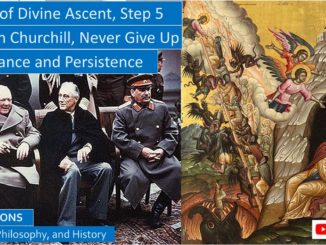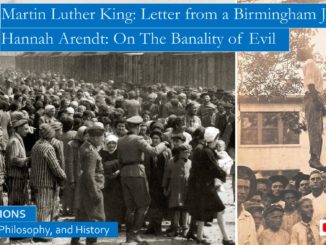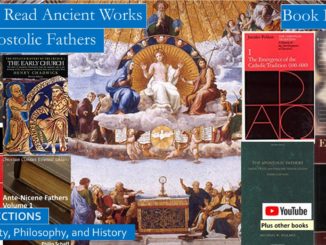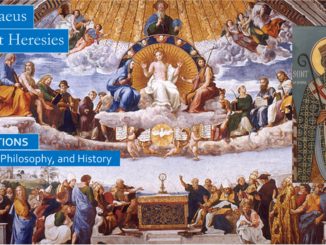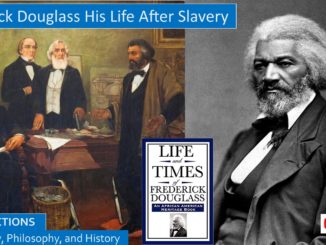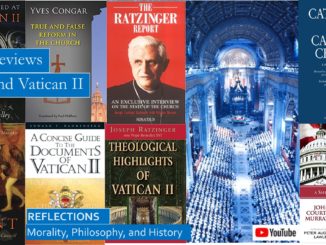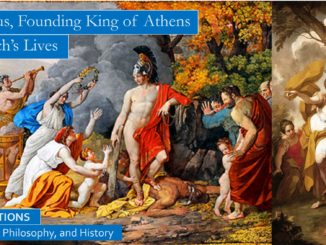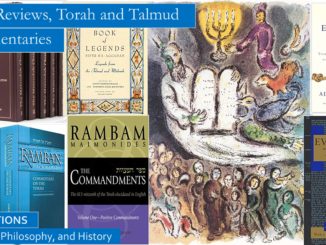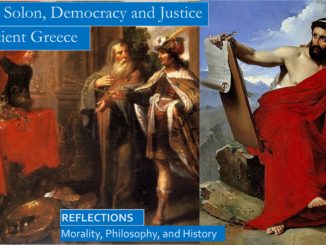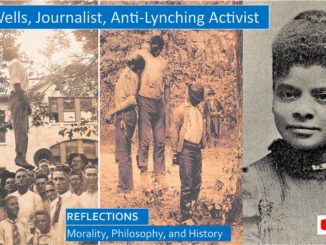
Ida B Wells, Journalist, Brave Woman, and Anti-Lynching Crusader
Historically, lynchings were justified by the myth that black men were eager to rape white women, and that white womanhood needed to be protected. Spurred by her knowledge of the details of this lynching of a dear friend, Ida B Wells started to research the history of other lynchings, discovering that for most lynchings had no connection to any intimate acts, and where there was intimacy, the white woman consented, which was so repugnant that it enraged white men of the day. […]

